Stop procrastinating over chores - eight tricks that will force you to get the housework finished
Want a clean house without the angst? Read our pro guide to ending housework avoidance for good
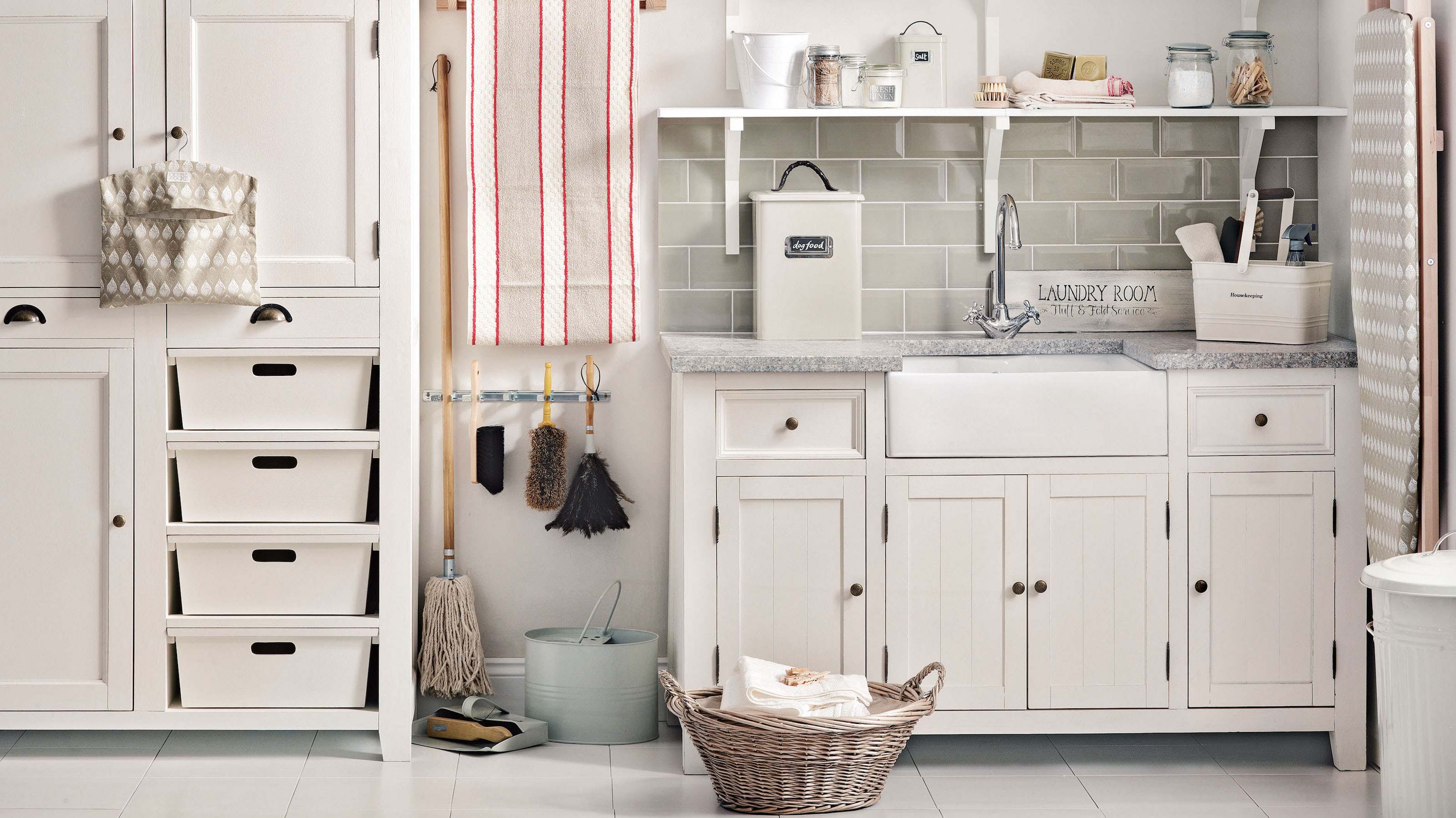

For every Tiktok cleaning influencer and Sunday reset evangelist, there are hundreds more of us looking guiltily at our growing laundry piles and dusty shelves, knowing we should get on with chores but just not finding the motivation to do so. Maybe there’s too much else going on with life right now. Maybe meeting friends for a coffee is more appealing. Or maybe we’ve let chores slip so much that we just don’t know where to start to get back on top of it all.
‘Procrastination often comes from an underlying position of fear or confusion,’ says Susie Boutal, declutter coach and founder of A Space for Living. ‘We procrastinate about tasks when they feel scary and overwhelming when we are unclear about where to start or the steps needed, or what it will look like when it's finished.
'Sometimes procrastination can arise from a genuine lack of energy or support and a need for rest, and care and it is important to make sure you are addressing your health needs first.’
Tips to stop procrastinating over chores
A chore like laundry never feels like it is finished, but there are ways to stop putting off cleaning and take control of the housework cycle. You’ll need to think about what’s stopping you in the first place, how to make jobs easier and reward yourself for your successes. We spoke to a cleaning expert and life coach to find out more.
1. Work out the causes of your procrastination
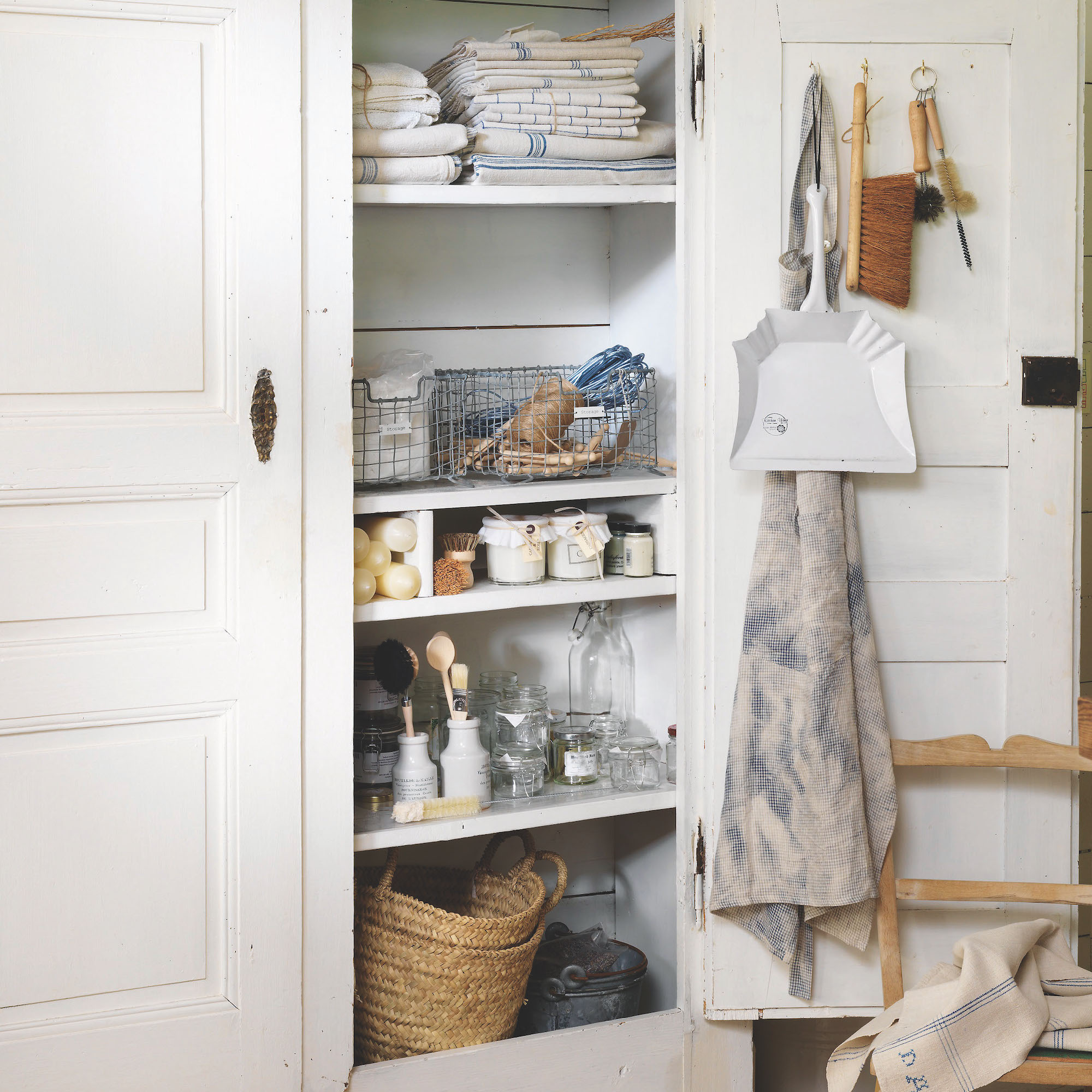
A few things contribute procrastination, explains declutter and organisation coach Craig Houreau, APDO member and managing director of A Tidy Mind London.
‘The first is having no motivation,’ he says. ‘Chores are not the most appealing thing to do at home in your free time, so getting the motivation to do them can be quite hard.
'The second reason might be overwhelm,’ Craig continues. ‘When there is a lot to do, the volume and perceived complexity of a chore can be overwhelming, which means you postpone doing it. One example is ignoring a pile of clothes on that chair in your room for so long that you cannot imagine starting to tackle it.’
Sign up to our newsletter for style inspiration, real homes, project and garden advice and shopping know-how

Craig is a professional organiser running the London branch of decluttering company, A Tidy Mind. 'I have always organised the homes of my friends and family,' he says. 'I also have a deep understanding of the importance of balance and self-care in the modern world.'
2. Tackle ‘chore creep’
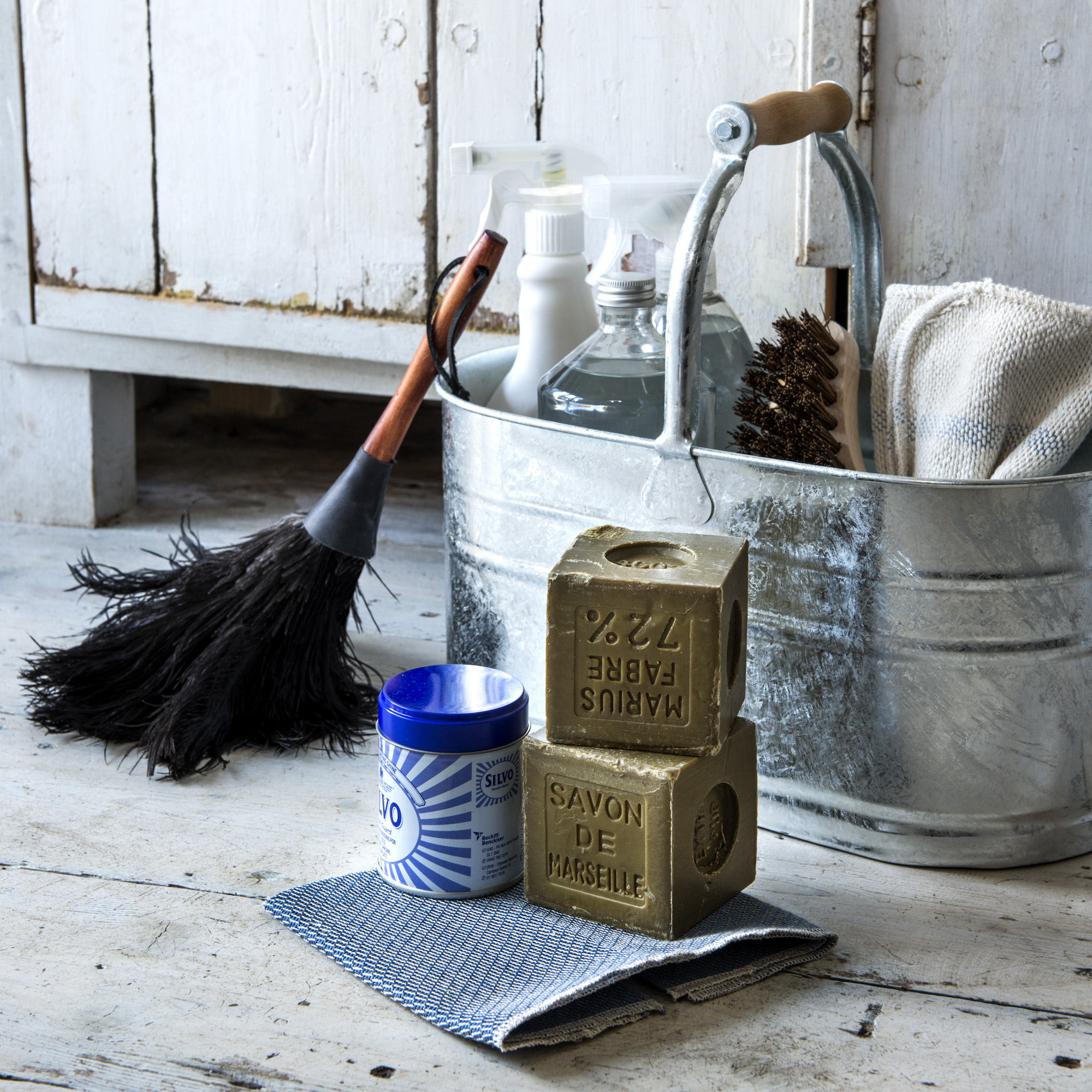
You know that feeling when you decide to get on with a job, only to remember that to do it, you need to do five other things first? That’s chore creep, and it’s a prime cause of procrastination.
‘Chores can snowball in your mind,’ explains Susie Boutal. ‘So you start by thinking you must do the ironing, which means you need to get the ironing board out, which means you need to move the box in front of the cupboard, which means the bag hanging on the door of the cupboard falls off. Then you start looking around the kitchen and realise there is also washing up to do, crumbs on the floor, shopping to put away, and then just as you're contemplating all of that, someone walks in and asks you what is for dinner! You can see how the pressure and overwhelm occurs.
‘The trick is to say to yourself, "Just do one thing at a time until it is done". So, pick something easy to start with and you will feel the overwhelm diminishing as you make progress.’

Susie is a declutter coach who uses her warmth and intuition to help people clear physical, mental and emotional clutter by using coaching skills to get to the root of the issue. She personalises her program for each client, to help them understand what is getting in the way of them having the space they desire.
3. Prioritise, don’t postpone

When we’re reluctant to do something, we often prioritise the easiest or quickest jobs to tick off our to-do list, but leave the trickier or more unpleasant ones for another day. The problem: the mess is still there and it gets worse each day.
‘Lack of prioritisation is a common issue,’ explains Craig Hoareau. ‘Other activities or tasks may seem more urgent or fun, which leads to the postponement of chores. This will end up leading to overwhelm and procrastination later as the tasks get bigger.
‘Some chores are postponed more than others – tasks such as cleaning bathrooms, organising and decluttering, doing laundry or the dishes, due to perceived unpleasantness or effort required. Often it is overwhelming to start it because they’ve been ignored or so long.’
The answer can be to ‘eat the frog’ – which is the idea that you make the most important task of the day the very first thing you do. After that, any other chore you complete is a bonus.
4. Make a schedule for chores, and keep to it
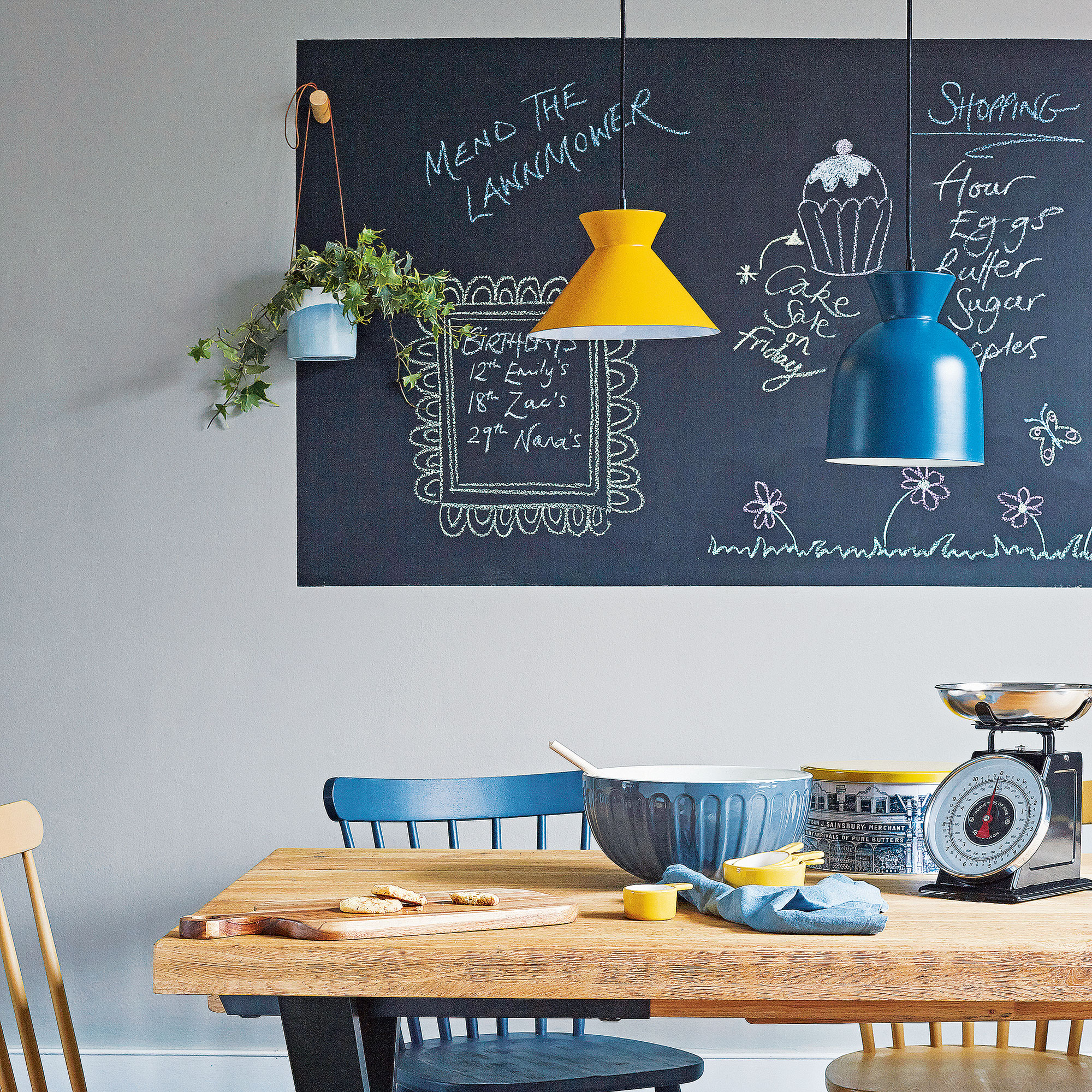
If overwhelm is one of the reasons you procrastinate over chores, then breaking them down into more manageable tasks could be the approach that works for you. It's one of the best ways to clean when you feel overwhelmed and don't know how to cope.
‘Break down chores into small manageable chunks and schedule those throughout the week,’ suggests Craig Hoareau. ‘This prevents the overwhelming feeling of doing everything in one day.
‘Prioritise based on importance. Identify the most crucial chores and start with those. Tackling the most important tasks first can provide a sense of accomplishment and motivation to continue with the rest.
5. Set a timer: then ready, steady, go
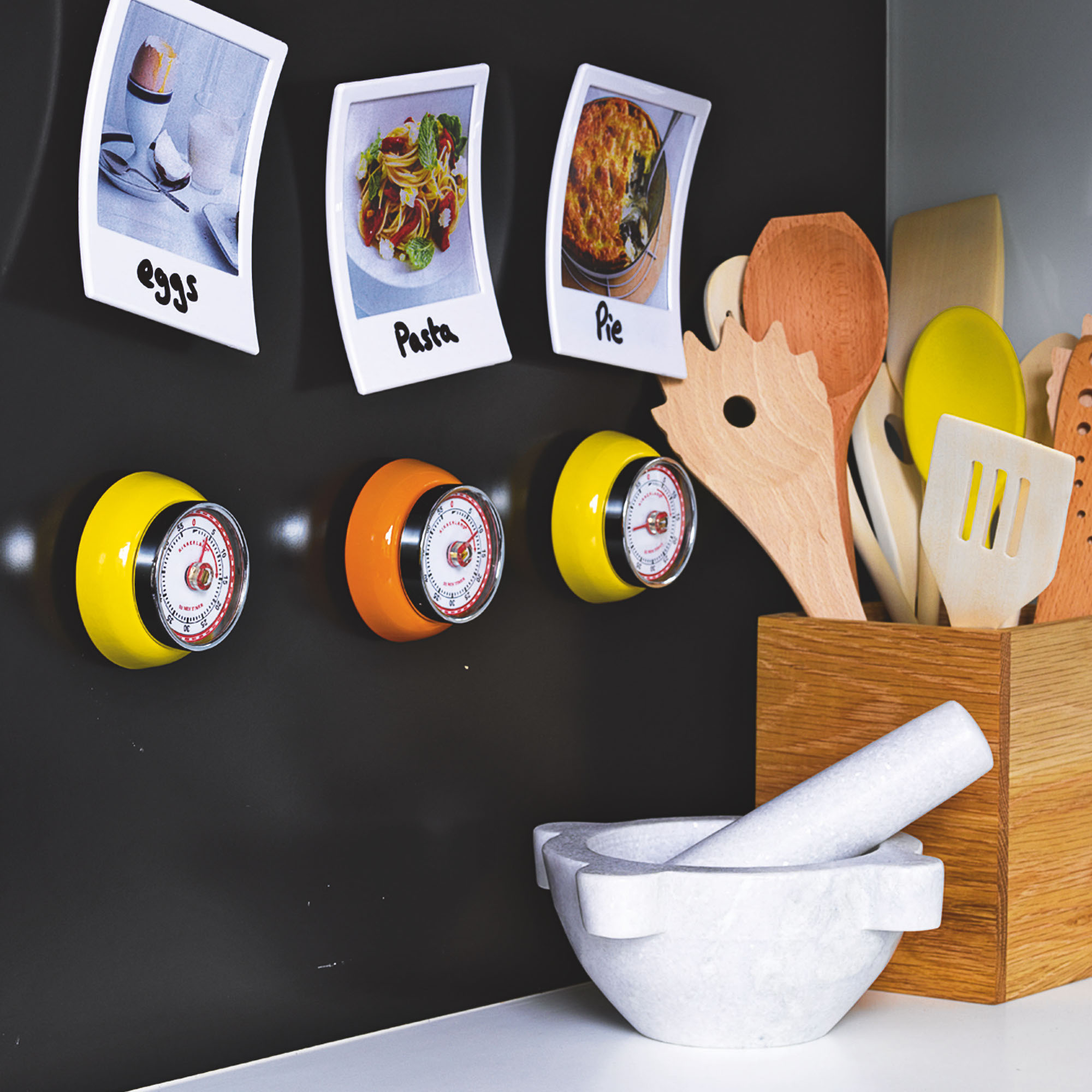
One of the common causes of procrastination is believing that you work best to a deadline. So why not give yourself one as an incentive?
‘Set a timer and allocate a specific amount of time for each chore,’ recommends Craig Houreau. ‘This helps you to stay focused and creates a sense of urgency. The faster you finish, the faster you can get to doing more fun things.’
Craig also suggests following the Two-Minute Rule. ‘If a chore will take you less than two minutes, do it immediately,’ he says. ‘This prevents smaller tasks from building up and becoming overwhelming.’
6. Aim for progression, not perfection
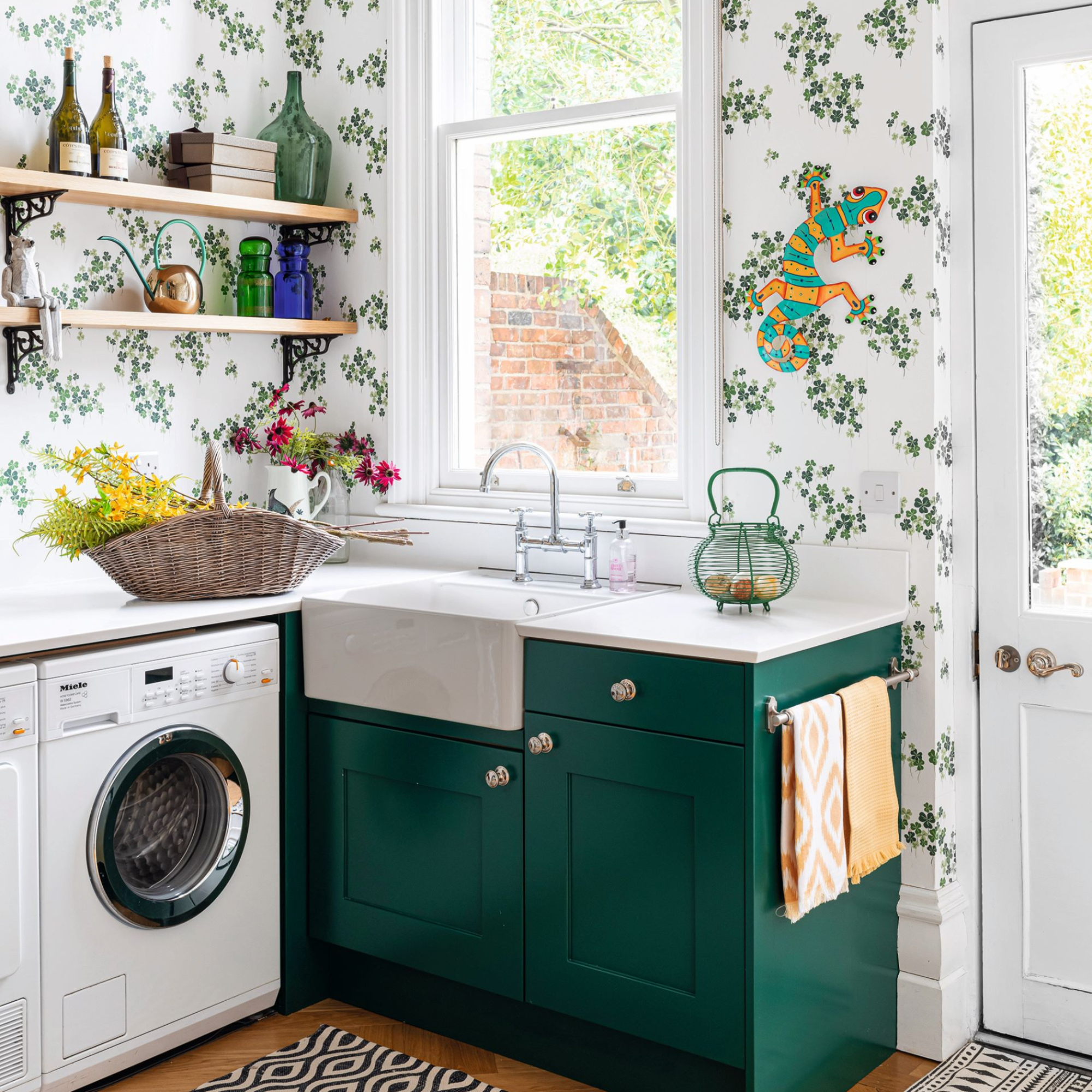
This is the ideal mantra for anyone whose procrastination is caused by perfectionism – they won’t get started unless they can be certain they can finish the job to the best of their ability.
‘Instead, dedicate specific time blocks for chores,’ says Craig Hoareau. This will allow you to chip away at larger tasks, even if you don’t complete it all in one go.
‘Consistent effort, even in small increments, is key. Aim for progression, not perfection. Perfection will only lead to failure and wasted time,’ Craig says.
7. Share the workload, fairly
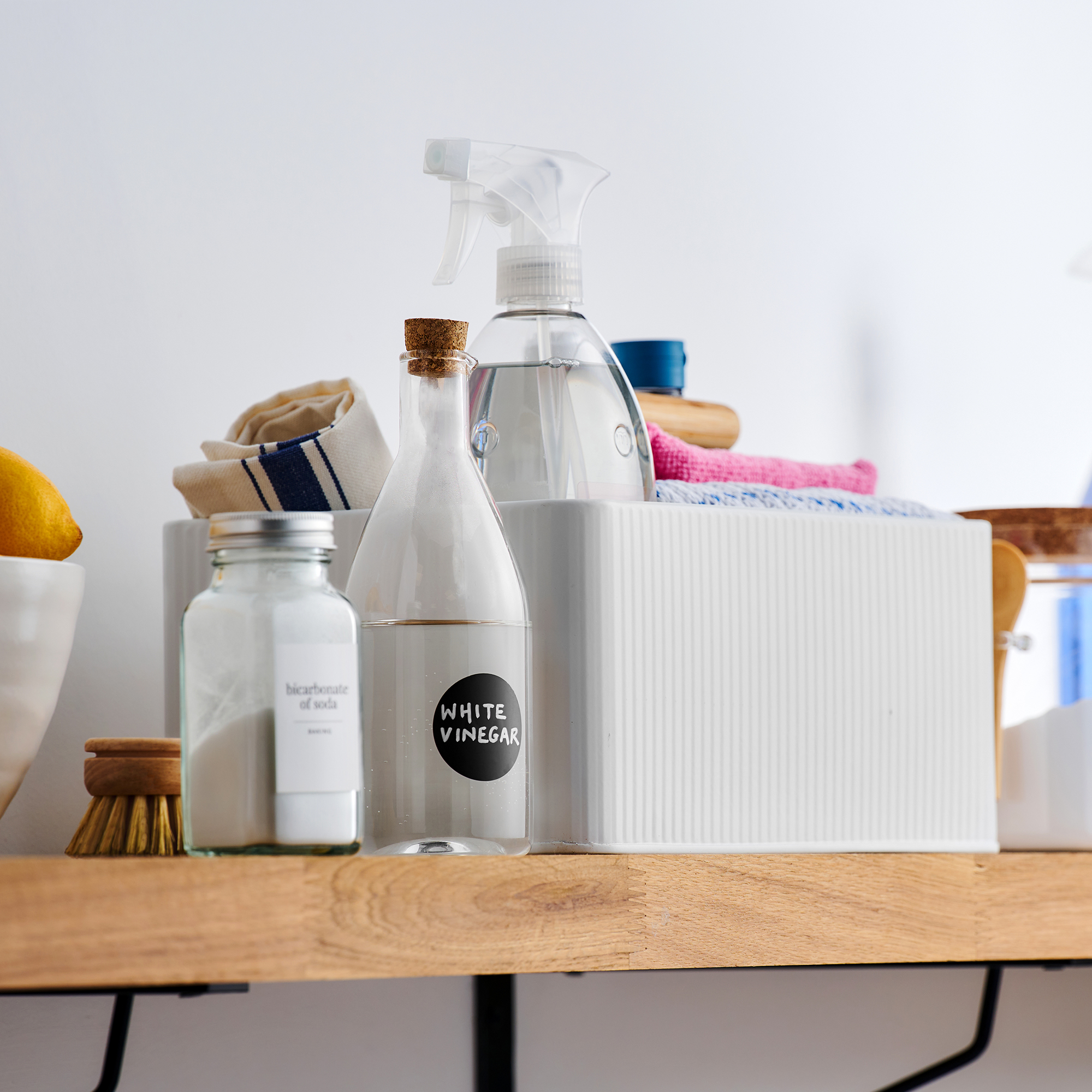
Maybe you’re not getting on with a chore because you resent being the only one to care about keeping the house clean.
‘Living with others can create procrastination when conflict arises around household jobs – a feeling of who is doing more, who is doing less, and where the responsibility lies,’ explains life and declutter coach, Susie Boutal. ‘To be able to do the chores and feel okay about it, you need to be clear about who is doing what and that the load is fair, so check in with yourself as to whether that is adding to your procrastination.
Craig Hoareau also suggests delegating tasks to trying to share out the ones people enjoy the most.
‘Involve family members or housemates in sharing the workload, especially for common areas,’ he says. ‘People in the house will likely all have a preference of what they like to do, so it will be easier for each person to do a chore they enjoy than trying to do it all yourself.’
8. Reward and be kind to yourself
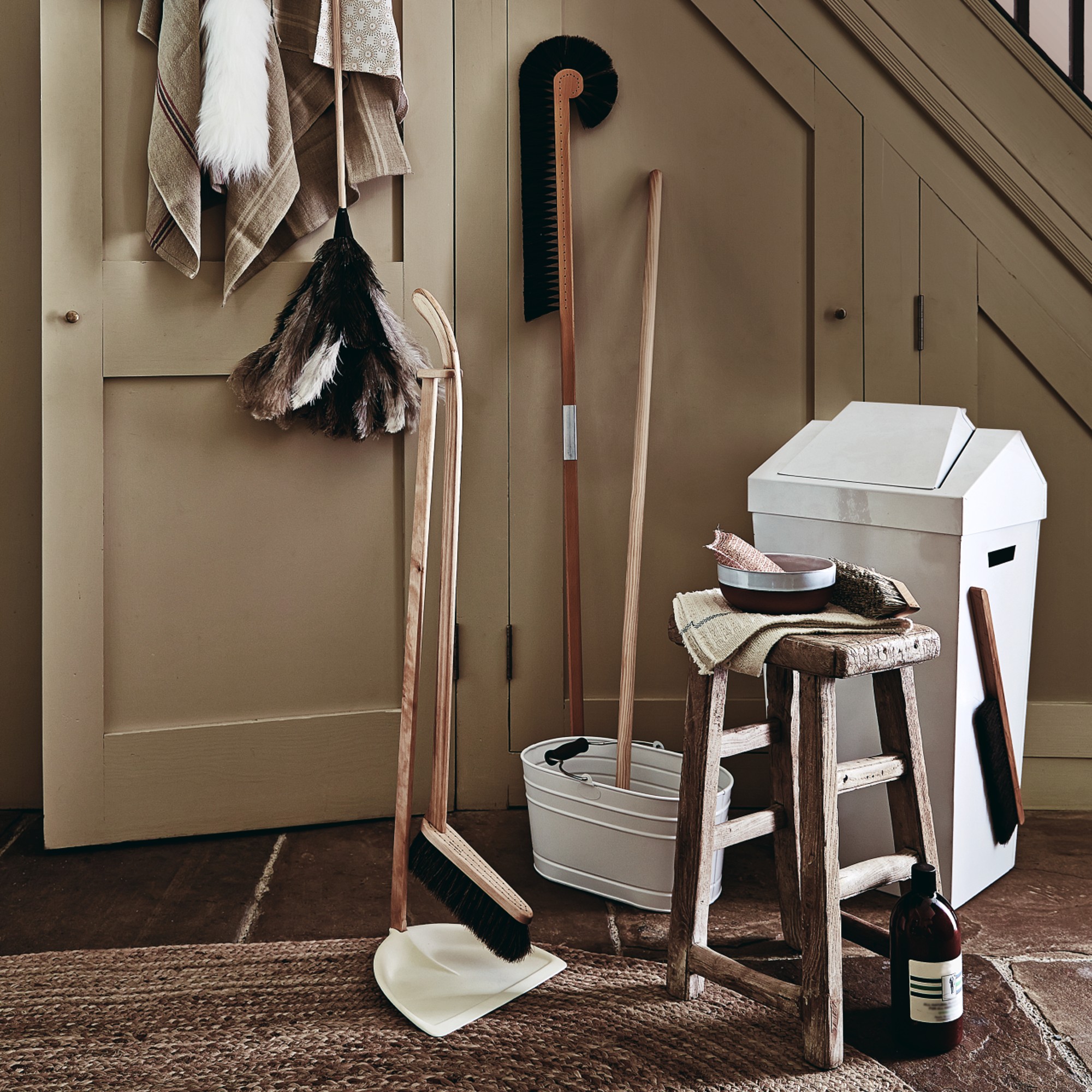
Procrastination doesn’t have to lead to punishment. Can you celebrate when you complete a chore, and be kind to yourself when you don’t?
‘Be clear with yourself that housework and chores are not moral issues - whether your chores are done or not, you remain as good a person as you ever were,’ says Susie Boutal.
‘Identifying your personal reasons for procrastination can help bring some self-awareness into the picture and help pinpoint what is going on under the surface. And starting from a place of compassion for yourself can ease the pressure of un-done chores.’

Andrea began her journalism career at Ideal Home and is currently Editor of our sister title, Country Homes & Interiors, which celebrates modern country style. Andrea is passionate about colour and how it can transform both our homes and our sense of wellbeing, and has completed The Power of Colour course with the prestigious KLC School of Design. Andrea's career spans interiors magazines, women's lifestyle titles and newspapers. After her first job at Ideal Home, she moved on to women's magazines, Options and Frank. From there it was on to the launch of Red magazine, where she stayed for 10 years and became Assistant Editor. She then shifted into freelancing, and spent 14 years writing for everyone from The Telegraph to The Sunday Times, Livingetc, Stylist and Woman & Home. She was then offered the job as Editor of Country Homes & Interiors, and now combines that role with writing for idealhome.co.uk.